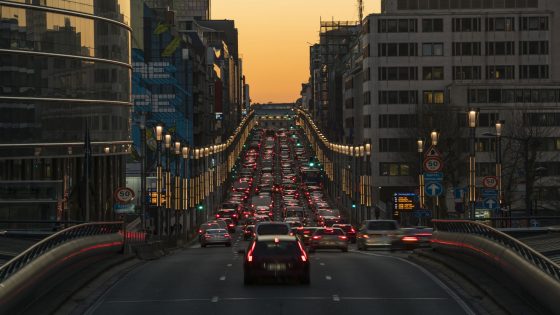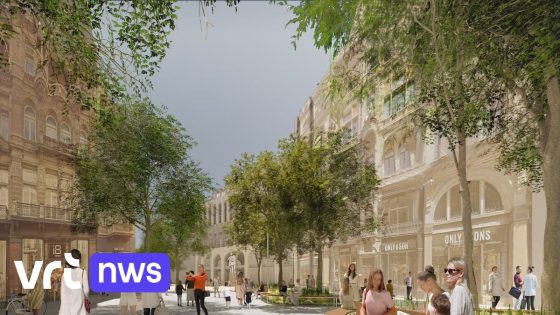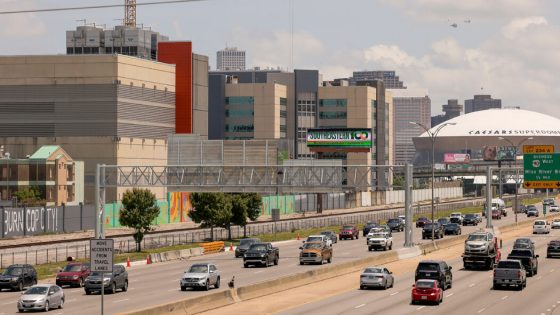Brussels economic challenges have once again come into sharp focus amid recent political turmoil, with PS leader Laaouej’s remarks last week marking a new low in the city’s ongoing governance struggles. Despite political distractions, Brussels remains a crucial engine of Belgium’s economy, accounting for 17 percent of national economic activity and serving as a key market for both Flanders and Wallonia.
- Brussel draagt significant bij aan Belgische economie
- Brusselse economische groei blijft ondermaats vergeleken
- Arbeidsmarktkrimp en lage werkgelegenheid bedreigen groei
- Brusselse overheidsschuld stijgt snel zonder hervormingen
- Armoede en veiligheidsproblemen ondermijnen economisch potentieel
- Bevorder ondernemerschap en efficiënt beleid dringend vereist
However, as of 2025-05-21 08:31:00, the city’s economic growth lags behind other European capitals, with productivity stagnating and labour market participation among the lowest in Europe. This raises urgent questions about Brussels’ future: How can the city unlock its untapped potential? What must change to reverse the downward spiral?
These concerns set the stage for a deeper look into the fiscal and social issues undermining Brussels’ prosperity and stability.
Why is Brussels falling behind despite its central role? The city’s economic stagnation stems from several interconnected issues:
- Low productivity growth and a shrinking working-age population limit future economic expansion.
- High budget deficits (around 30% of revenues) and rising debt threaten fiscal sustainability.
- Persistent poverty and safety concerns undermine social cohesion and investment appeal.
- Political instability hampers decisive policy-making needed for reform.
Looking ahead, Brussels must prioritise serious, business-friendly policies that enhance productivity, improve public safety, and restore fiscal health. Without bold action, will Brussels continue to lose ground to other European capitals? The city’s future depends on breaking the cycle of political gridlock and unlocking its full economic potential for all Belgians.

































